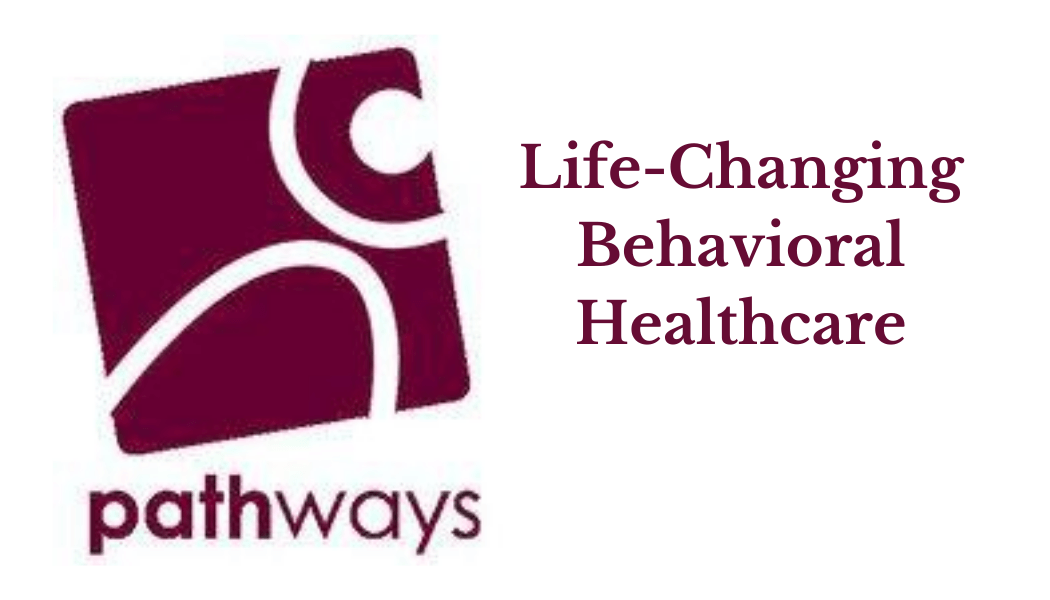Your Privacy
Notice of Privacy Practices
Your Rights to Confidentiality
We take confidentiality very seriously. We follow very strict rules from the United States and Maryland Governments about when we can release your medical record – your protected health information. The Federal Health Insurance Portability and Accountability Act (HIPAA) Privacy Rule establishes a foundation of federal protection for personal health information, carefully balanced to avoid creating unnecessary barriers to the delivery of quality health care. The Rule generally prohibits this program from using or disclosing your protected health information unless authorized by you, except as follows: First, we are required by law to disclose your protected health information in certain circumstances, for example, to report abuse and neglect, and to warn about dangerous behavior. Second, we are authorized to disclose your protected health information without your consent when we use that information for treatment, payment, or the health care operations of the program.
Policy:
The Federal Health Insurance Portability and Accountability Act (HIPAA) Privacy Rule establishes a foundation of federal protection for personal health information, carefully balanced to avoid creating unnecessary barriers to the delivery of quality health care. The rule generally prohibits programs from using or disclosing protected health information unless authorized by consumers, except as follows:
1. We are required by law to disclose protected health information in certain circumstances, for example, to report abuse and neglect, and to warn about dangerous behavior.
2. We are authorized to disclose your protected health information without consent when we use that information for treatment, payment, or the health care operations of the program.
Guidance:
The program will, without authorization:
• Use or disclose protected health information for its own treatment, payment, and health care operations activities.
• We may use protected health information to provide health care to consumers and may consult with other health care providers about treatment.
• We may disclose protected health information as part of a claim for payment to a health plan.
• We may disclose protected health information for the treatment activities of any health care provider (including providers not covered by the Privacy Rule).
• We may disclose protected health information to another health care provider (including providers not covered by the Privacy Rule) for the payment activities of the entity that receives the information.
• We may disclose protected health information to another provider for certain health care operation activities of the provider that receives the information if:
• Each provider either as or had a relationship with the consumer, and the protected health information pertains to the relationship; and
• The disclosure is for a quality-related health care operations activity or for the purpose of health care fraud and abuse detection or compliance.
• We may also disclose information in order to contact the consumer, for example, to make appointments, to conduct check-ins, and to evaluate the services that we provide. We may also contact consumers for our fund-raising efforts.
• If consumers desire to send protected health information to a third party they must sign an authorization. Authorizations may be obtained from a Rehabilitation Program Director, or, for the Clinic, the Clinic Director or a Clinic Associate.
Psychotherapy Notes.
Psychotherapy notes are maintained separately from the rest of the medical record. Psychotherapy notes are the record of the statements made during a counseling session along with the therapist’s analysis of those statements. (This does not include documentation of medications, the treatment rendered, tests, treatment plans, progress notes and statements of prognosis.) The consumer may review and copy psychotherapy notes only if consent is given by the therapist; unlike the rest of the medical record, consumers may not see psychotherapy notes without the express permission of the therapist. Psychotherapy notes may be used by the therapist for treatment without consumer authorization. The notes may also be used by the program without consumer authorization other than limited health care operations. Otherwise, the use and disclosure of psychotherapy notes requires consumer’s written authorization.
Security.
The medical record is kept in a secure location and only those employees or clinicians who need access for treatment, payment, or health care operations have access to the medical record unless the consumer signs an authorization.
Need to Know:
It is our policy to limit disclosures of, and requests for, protected health information for payment and health care operations to the minimum necessary. We also limit which members of our workforce may have access to protected health information for treatment, payment, and health care operations, based on those who need access to the information to do their jobs.
Consumer rights to see their record.
Consumers have the right to see their record (excluding any psychotherapy notes) or to receive a summary of their record. To do this, they need to contact the Clinic Director or the appropriate Rehabilitation Program Director at P.O. Box 129, Hollywood, MD 20636 Phone Number: 301-373-3065
Consumers also have the right to ask us for an accounting of the persons or programs to whom we have disclosed their protected health information. (This does not include disclosures for treatment, payment or health care operations, or to persons authorized by you.) To receive this accounting, they need to contact the Clinic Director or the appropriate Rehabilitation Program Director at P.O. Box 129, Hollywood, MD 20636 Phone Number: 301-373-3065
If consumers disagree with the contents of their medical record, they may also request an amendment to the record. We will place that amendment in the medical record unless we did not create that part of the record or we believe the existing record is accurate and complete. If we grant the amendment, we will notify the consumer and he/she may request that we provide the amendment to other programs and to programs that identified to us as having already received the medical record. If we deny the amendment, we will give the consumer specific reasons for the denial. The consumer may then submit a statement of disagreement and we may submit a rebuttal. If the consumer notifies us in writing, we will attach the request for amendment and our denial to future disclosures of that part of your medical record. Also, if the consumer disagrees, he/she may file a complaint with Gerard McGloin, Executive Director, 301-373-3065, ext. 203, or his designee and the Secretary of Health and Human Services.
Filing a complaint.
If consumers believe that their protected health information has been released in violation of the law, they have the right to file a complaint. They may file a complaint by contacting or submitting a letter to: Gerard McGloin, Executive Director, or his designee- P.O. Box 129, Hollywood, MD 20636. You may also file a complaint with the Department of Health and Human Services, Office for Civil Rights, 150 S. Independence Mall West, Suite 372, Public Ledger Building, Philadelphia, PA 19106-9111, telephone 215-861-4441. There shall be no retaliation for the filing of complaints.
Additional rules for consumers who are minors (under age 18):
In general, the parents/legal guardians of a minor are the ones who provide consent to treatment and may access and authorize the disclosure of the minor’s personal health (treatment) information as permitted by HIPAA. However, Maryland law provides that minors who are age twelve or older may, in certain limited circumstances, give consent for certain kinds of treatment. If the minor has given the consent for the treatment, then the minor is the one who controls who may access treatment information: in this situation, the parents/legal guardian of the minor cannot receive the treatment information unless the minor signs a written authorization. Under the statute, the health care professional who provided the treatment has discretion whether to override a minor’s refusal to grant access, except that an override is not permitted if there is concern about potential harm to the minor or this will deter the minor from getting treatment.
Updates:
Over time, we may change this Notice of Privacy Practices. If we make changes, we will post the updated version on this page.
LOCATIONS
Hollywood:
301.373.3065
Ext 241
Prince Frederick:
301.373.3065 Ext 241
Upper Marlboro:
240.339.1306
Waldorf:
301.373.3065 Ext 310
© 2024
All Rights Reserved | Pathways, Inc.



